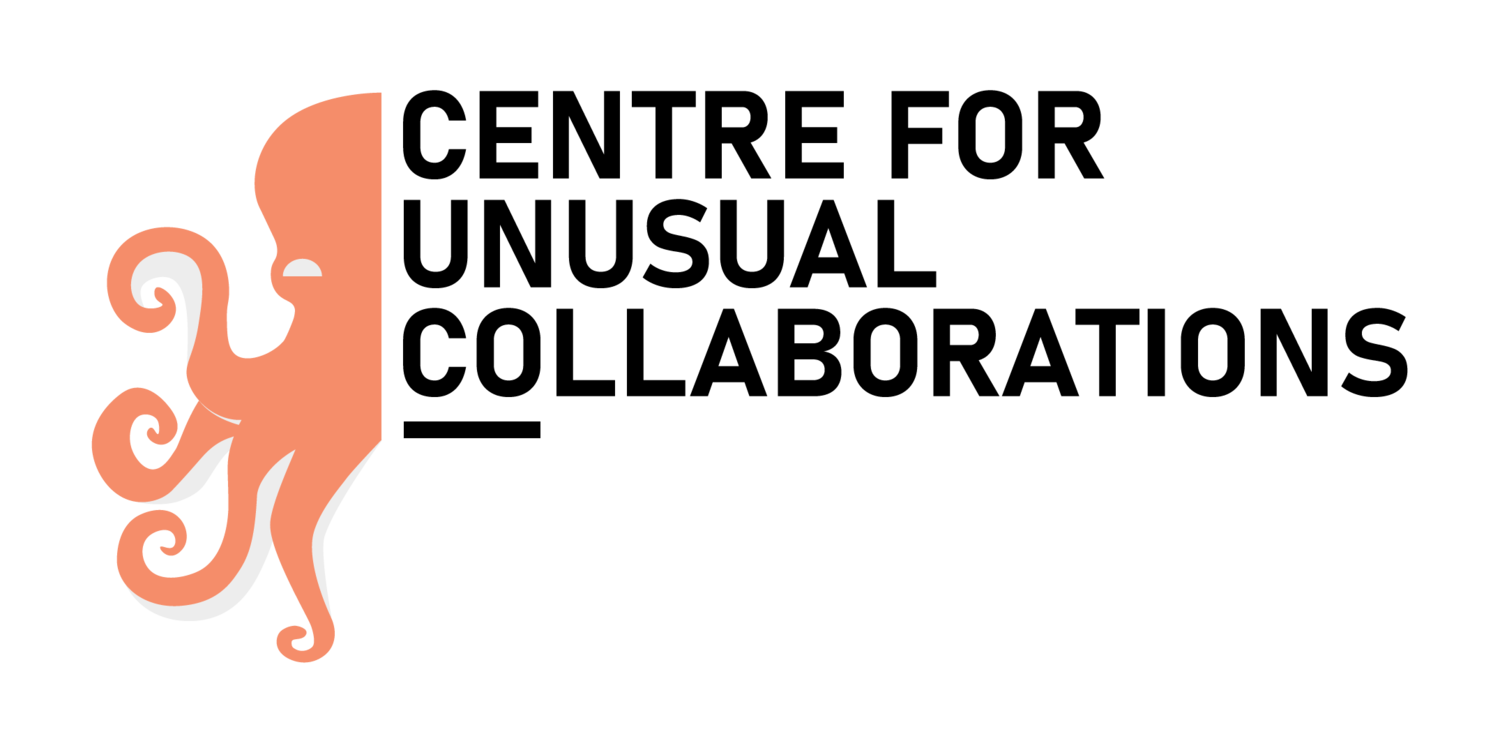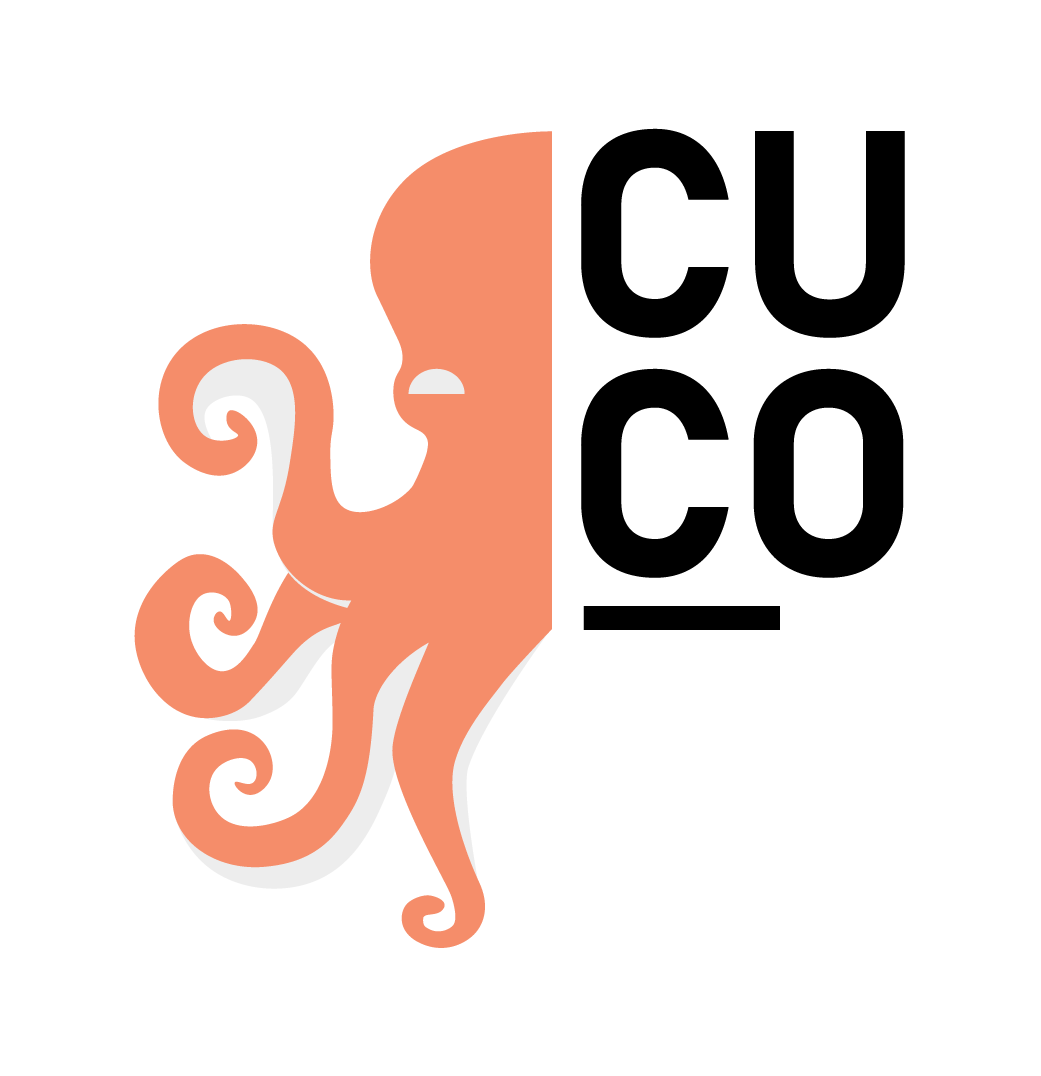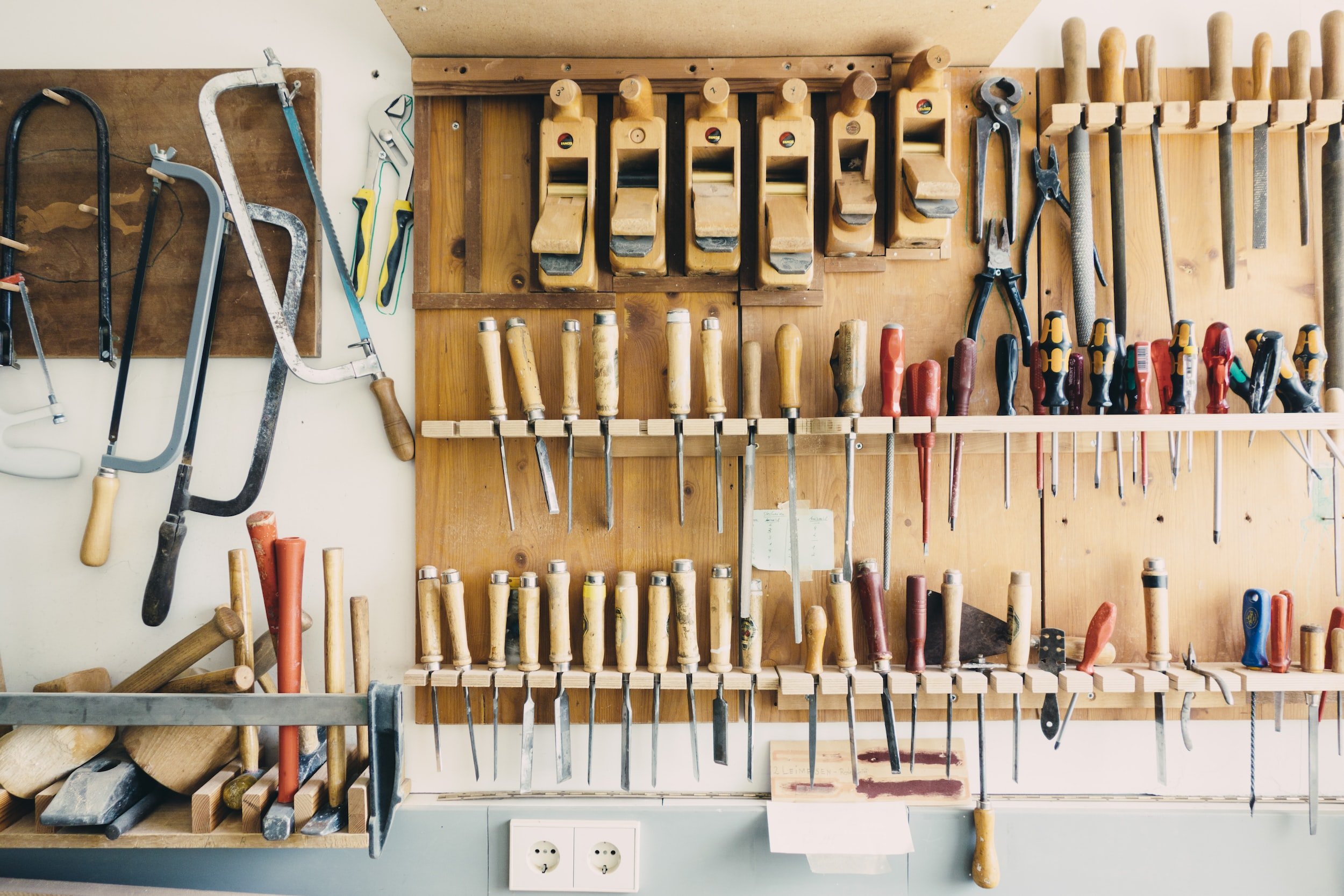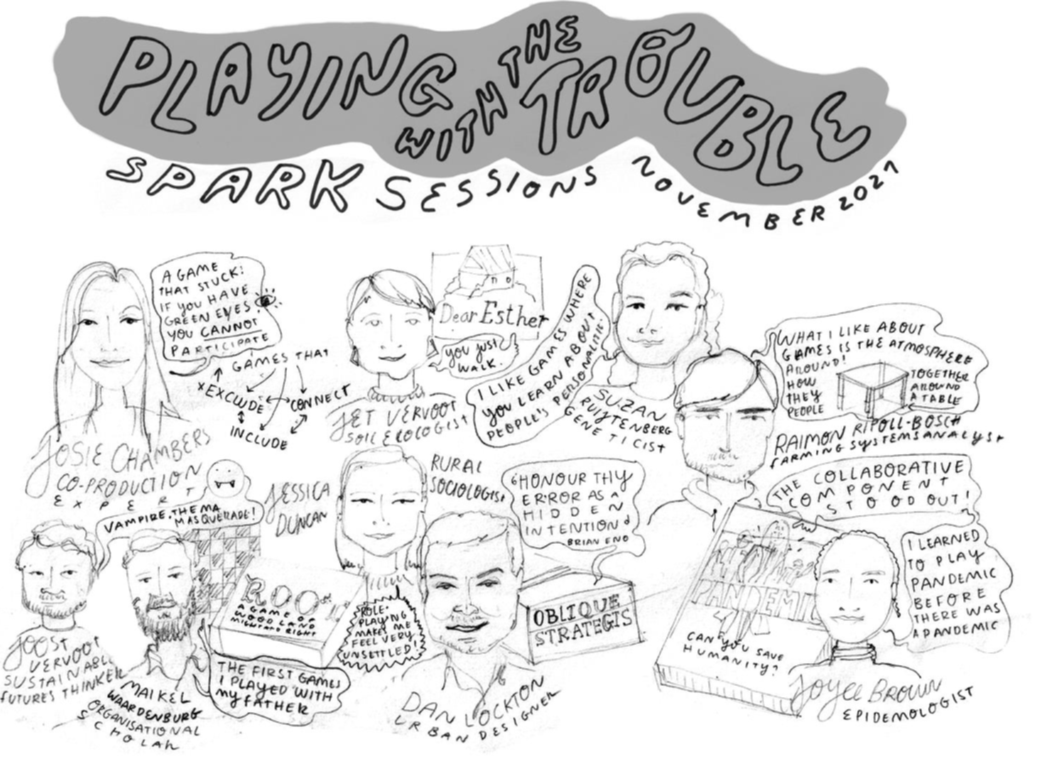Our toolkit offers a set of methods, approaches, people and likeminded initiatives that facilitate working across boundaries: across ideas, disciplines, institutes, types of knowledge and personalities.
This it is a continuously growing space offering what emerged from CUCo-teams, as well as from similar initiatives. Suggestions are always welcome.
Tools
Interdisciplinary research
competence self-assessment tool
Being able to effectively engage in interdisciplinary research requires a diverse set of skills. This self-assessment will provide you with a way to reflect on your competences, determine where your strengths and weaknesses are, and help you to set personal goals about competences that you may want to improve.
We have developed this tool for CUCo fellows and others. We invite you and your fellow team members to make use of this self-assessment both individually and collectively early on in the collective research journey. Fill out the self-assessment on your own and then use it as a point of departure for spurring discussion, collective reflection and action within your team.
This rubric is insightful for understanding the attitude and skills that are key to doing interdisciplinary research. Though it includes assessment criteria, it serves beyond the purpose of assessment. At CUCo we have used it as a base for the design of our Spark learning journey and its learning goals.
Utrecht University: attitudes and skills
for interdisciplinary learning
It includes seven categories which we consider as the most important for interdisciplinary learning: (1) Disciplinary grounding, (2) Perspective taking, (3) Common ground & Integration, (4) Critical Reflection (5) Collaboration, (6) Communication, (7) Adaptability and creativity. The first three are typical learning goals in interdisciplinary learning, while the last four are competencies or general academic skills that are however vital for interdisciplinary work.
This report is insightful to increase the understanding of transdisciplinary research in order to facilitate and support transdisciplinary collaborations that are fair, inclusive and equitable. This scoping study gives recommendations in terms of funding, competencies, support and specific recommendations for the different phases of transdisciplinary collaborations. Part of this advice report are 4 principles that foster meaningful transdisciplinary collaborations:
Address (context-specific) societally relevant issues while maintaining scientific relevance
Embrace complexity, ambiguity, and uncertainty
Value and harness plural ways of knowing via co-creating and co-learning
Involve diverse relevant actors in inclusive, fair, and equitable ways
Advice Report: Supporting
transdisciplinary collaborations
Methods & exercises
Re-imaginary
Creative methods that support new perspectives and new possibilities
Composed by SUSPLACE Innovative Training Network
“We are a collective of practitioners and researchers exploring how creative methods can support deep change towards just and ecological cultures. We advocate for anti-racism and for deep sustainability whenever possible in our work and in our lives.
We are interested in how people can better access deep time perspectives, attentiveness, diversity and inclusion, complexity thinking, and expanded spheres of empathy and caring, including the ecological world.”
New Metaphors
New Metaphors has been developed by the Imaginaries Lab (led by CUCo Fellow Dan Lockton). It’s is a set of 150 cards and a number of simple, fun workshop formats.
These enable idea generation and new ways of thinking about issues creatively, from specific problems within an interaction design team or organisational context, to much larger questions about our collective futures and our relationships with the planet, to personal reflection.
Facilitators
Flatland Agency
Some Spark and UCo teams are supported by Flatland in the collaborative process. This is exeprienced very positively. Visualisation appears to these teams a useful mechanism to highlight language confusion and differences in perspectives. As well as to communicate research results.
"Visualize your organization's future. Drawing a better world together!
A shared image makes the future imaginable, provides an overview and makes it easier to take concrete steps together.
Design your strategy. Activate change. Accelerate Innovation."
Meredith Lewis
Meredith offers creative methods and tools to facilitate collaborative processes. Specifically her use of storytelling is powerful for getting to know each other, for disciplinary grounding, perspective taking and finding common ground. Those are key elements of interdisciplinary research. Meredith is based in Australia and thus only available for online facilitation.
"I am a transformative facilitator, which means that I design workshops to engage participants’ imaginations and emotions alongside their intellect. My workshops are highly interactive with the goal to allowing participants to surface their own wisdom, common-sense, and creativity, and to own their learning experience. I am deeply interested in storytelling and come to my workshops armed with prompts and activities to elicit stories from participants that lead to a sharing of knowledge, formative experiences, concerns, and ideas."
Playing with the Trouble
an Unusual Collaborations team
Creative methods are key in the facilitation of collaboration, with sames as excellent examples. What we appreciate about the approach that the Playing with the Trouble team takes on games, is that they specifically focus on tensions within collaboration. And they promotes exploring those, rather than trying to 'fix' them, as they offer rich insight in perspectives and values underlying the team.
“Games—especially multiplayer games—offer unique possibilities for building strong interdisciplinary connections.”
The team may be able to facilitate your collaborative process as well.
Training
CUCo’s Spark learning journey
To strengthen the competences of young academics to effectively engage in interdisciplinary collaborations, we have developed an interdisciplinary training program me that kicks off the Spark learning journey. In addition, participants meet their new research tam membesr in the training cohort.
After completing the programme, participants receive a stipend and ongoing support from CUCOo, including access to facilities and professional process coaching. Participants who develop an idea for a larger-scale unusual collaboration can then choose to apply for additional longer-term funding from CUCo.
Likeminded initiatives
Centre of Trial and Error
The Center of Trial & Error is a platform for research, teaching, and publishing, focusing on the role of trial and error as well as failure in academia. The Center grew out of the Journal of Trial and Error (JOTE), a scientific journal dedicated to publishing 1) methodological errors which have productive conclusions for the scientific community at large, and 2) conceptual errors in the form of negative or null results. JOTE strives to publish an accompanying reflection paper alongside each empirical article. In these papers, a subject specialist, philosopher, historian, anthropologist or sociologist of science reflects on the empirical research, answering and problematizing the question “what went wrong?” These linked publications provide a space for dialogue around errors in research and facilitate a bridge between more reflective sciences and empirical studies.
Transformative Learning Hub
The Transformative Learning Hub (TL Hub) seeks to blur the boundaries conventionally drawn between research and teaching. Organised as a horizontal community of learners, it expressly brings together researchers, educators, students, changemakers and activists across different disciplines and fields at Wageningen University and beyond who are committed to engaging with transformative learning theory and practices in our teaching, research and societal engagement.
UU- Centre for Academic Teaching & Learning
Academic education on a high standard starts with professional teachers who are educated as researcher and as teacher. Everything that is offered by the Utrecht University for teachers to develop themselves and to improve their education, is united in the Centre for Academic Teaching and Learning (CATL) which makes it visible and accessible.
Institute for Complex Molecular Systems
The Institute for Complex Molecular Systems (ICMS) is the interdisciplinary TU/e institute for research and education in the area of molecular complexity. Located at the heart of the TU/e campus, in walking distance from the contributing departments of Mathematics, Engineering, Chemical Technology, Biomedical Engineering, and Physics, the institute brings together excellent researchers of all kinds, enabling cross-fertilization of ideas across departments and across disciplines.
Centre for Space, Place and Society
The Centre for Space, Place and Society (CSPS) brings together researchers from four chair groups within Wageningen University & Research (WUR) and beyond to advance critical-constructive scholarship within the social sciences. Particular focus is on issues of socio-spatial and environmental justice. In investigating dynamics of spatial and social rootedness, connections, and circulations, with special attention to questions of inequality, exclusion, difference and plurality, CSPS seeks to translate knowledge into practical action in pursuit of a more just and equitable world.
SCOOP - sustainable Cooperation
SCOOP is a research and training centre dedicated to the interdisciplinary study of sustainable cooperation as a key feature of resilient societies. SCOOP is a joint initiative by the University of Groningen (Strategic Theme Sustainable Society) and Utrecht University (Strategic Theme Institutions for Open Societies), and also involves researchers from the VU Amsterdam, the Erasmus University Rotterdam, and Radboud University Nijmegen. The 2025 Vision for Science of the Dutch Ministry of Education (2014, p. 19) praised SCOOP as an “example of cross-pollination between disciplines”.
WAAG - Futurelab
“Technology is not neutral. Waag reinforces critical reflection on technology, develops technological and social design skills, and encourages social innovation.Waag works in a trans-disciplinary team of designers, artists and scientists, utilising public research methods in the realms of technology and society. This is how Waag empowers as many people as possible to design an open, honest and inclusive future.”
Instituut voor Faalkunde
[Website only in Dutch] Het Instituut voor Faalkunde verzorgt workshops, trainingen, lezingen, retraites, zakelijke events en coaching voor bedrijven, organisaties en individuen die faalkundig willen worden.



















